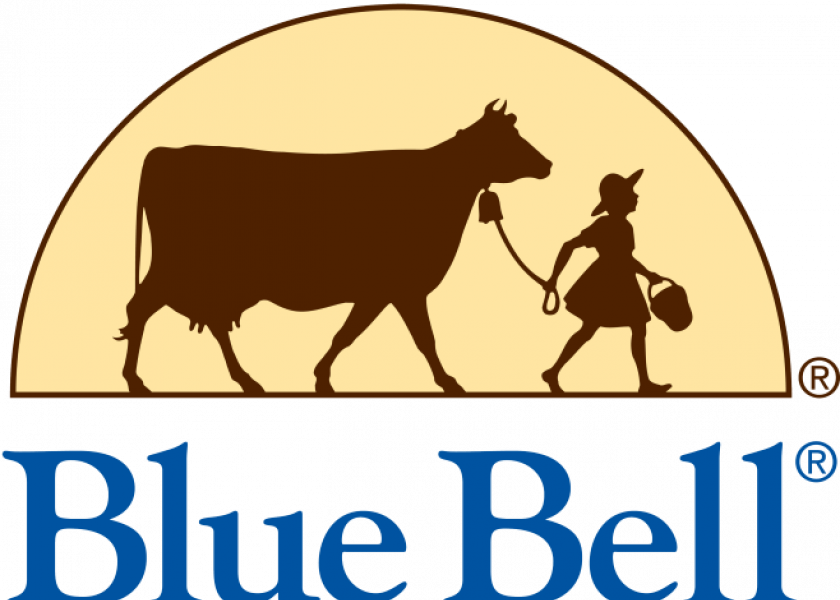Blue Bell says Ice Cream Safe Despite Potential Concern

Blue Bell Creameries sought to reassure customers Monday that its ice cream in safe, even as the Texas company tries to determine whether listeria has again been found at one of its plants.
Blue Bell is in in the midst of returning its products to stores after it recalled its ice cream and halted sales last year due to listeria contamination at some plants. On Friday, the Brenham-based company said it found locations at one of its three plants where listeria might be present.
In a statement emailed Monday, Blue Bell said customers "can be confident in our ice cream because of all the steps we have taken to ensure a safe product. Our enhanced testing program confirms that these procedures are working."
The company said its enhanced testing flags "suspicious areas as an early warning system so we can take steps to extensively clean and sanitize the areas, refine our procedures or make additional physical enhancements in our facilities."
In addition to a facility in Brenham, Blue Bell has plants in Alabama and Oklahoma. It hasn't said where it found the possible presence of the bacteria.
Carrie Williams, a spokeswoman for the Texas Department of State Health Services, said Blue Bell told her agency that it found "a couple of instances of environmental positives for Listeria species at the Brenham plant over the last month" in non-food areas such as floors and floor drains "and the instances were addressed."
In the wake of last year's recall and cleanup efforts, Blue Bell signed agreements with health officials in Texas, Alabama and Oklahoma requiring the company to inform the states whenever there is a positive test result for listeria in its products or ingredients. However, the agreements do not require Blue Bell to immediately notify the states of any presumptive positive test results for listeria that might have been found on floors or other surfaces that don't have contact with food.
The requirement came after the company failed to tell federal or state health officials of repeated findings of listeria at its Oklahoma plant dating back to 2013.
Last April, Blue Bell recalled its products after its ice cream was linked to 10 listeria cases in four states, including three deaths in Kansas. Listeria can cause serious illness, especially in older adults, pregnant women and people with weakened immune systems.
The company has been reintroducing its products back into its markets in phases. On Monday, Blue Bell Ice Cream reintroduced products in El Paso, Texas; Little Rock, Arkansas; and Memphis, Tennessee. The company has said the final phase of its market re-entry plan was to occur over two weeks beginning Jan. 18.
Brandon Henning, with Sparta Systems, a Hamilton, New Jersey-based company that creates quality control software used by firms to manage products and goods they manufacture, said it's almost impossible to eliminate all of the bacteria that can cause listeria at facilities with raw materials like those at Blue Bell.
"The real question for me is how proactive are companies being in trying to mitigate it," he said. "The good companies you would want to continue as a consumer to buy from are the ones that continue to improve and put plans in place and continue to increase their spending and their desire to make good quality products."







